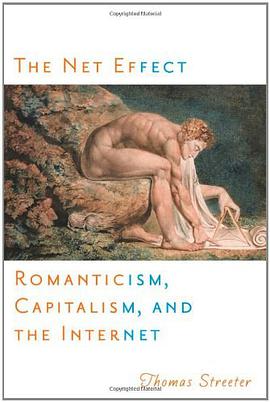The Net Effect
Douban
Romanticism, Capitalism, and the Internet
Thomas Streeter
Übersicht
This book about America's romance with computer communication looks at the internet, not as harbinger of the future or the next big thing, but as an expression of the times. Streeter demonstrates that our ideas about what connected computers are for have been in constant flux since their invention. In the 1950s they were imagined as the means for fighting nuclear wars, in the 1960s as systems for bringing mathematical certainty to the messy complexity of social life, in the 1970s as countercultural playgrounds, in the 1980s as an icon for what's good about free markets, in the 1990s as a new frontier to be conquered and, by the late 1990s, as the transcendence of markets in an anarchist open source utopia. The Net Effect teases out how culture has influenced the construction of the internet and how the structure of the internet has played a role in cultures of social and political thought. It argues that the internet's real and imagined anarchic qualities are not a product of the technology alone, but of the historical peculiarities of how it emerged and was embraced. Finding several different traditions at work in the development of the internet - most uniquely, romanticism - Streeter demonstrates how the creation of technology is shot through with profoundly cultural forces - with the deep weight of the remembered past, and the pressures of shared passions made articulate.
contents
Acknowledgments
Introduction
1 “Self-Motivating Exhilaration”: On the Cultural Sources of Computer Communication
2 Romanticism and the Machine: The Formation of the Computer Counterculture
3 Missing the Net: The 1980s, Microcomputers, and the Rise of Neoliberalism
4 Networks and the Social Imagination
5 The Moment of Wired
6 Open Source, the Expressive Programmer, and the Problem of Property
Conclusion: Capitalism, Passions, Democracy
Notes
Index
About the Author
